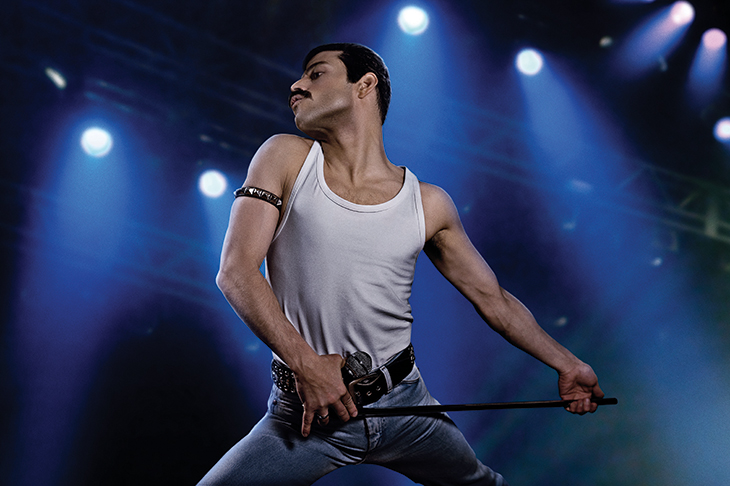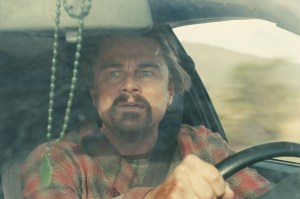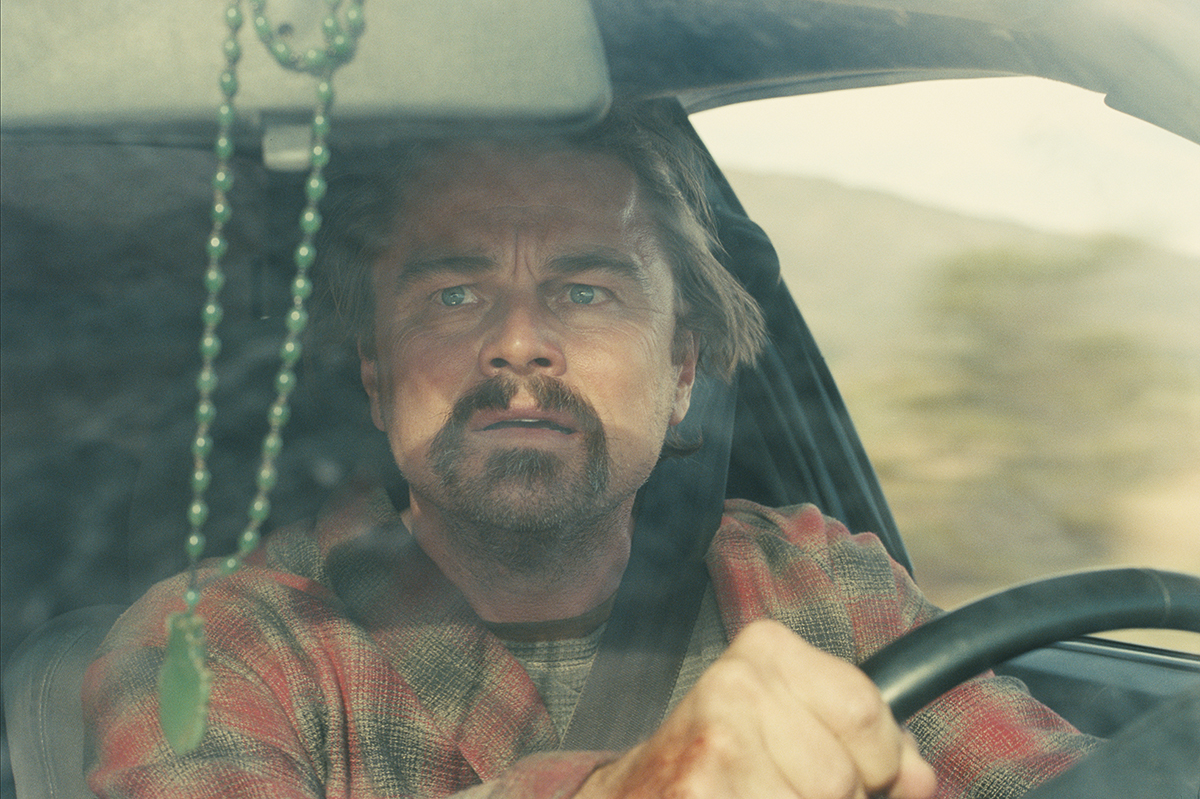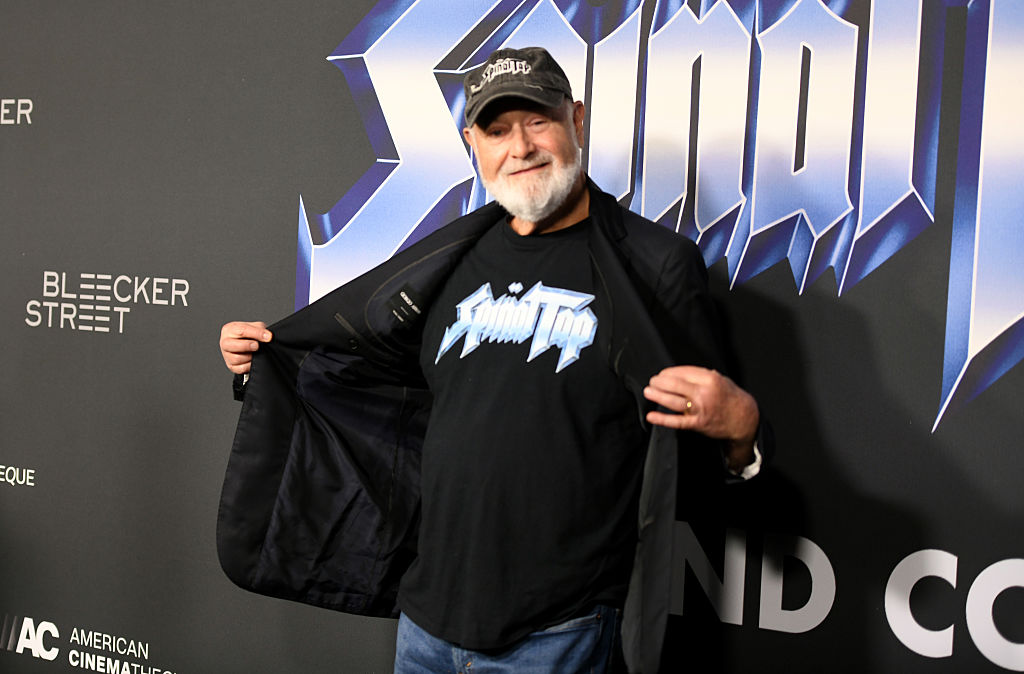There is a moment in Bohemian Rhapsody when the screen swims with print. The reviews for Queen’s epic new single are in, and they unanimously denounce the song as a vacuous and bloated irrelevance. This feels like a brazen hostage to fortune for a biopic whose botched gestation saw writers, stars and directors roll on and off the project for a decade. But then Queen were always bomb-proof.
The script we finally have before us is by Anthony McCarten, who specialises in rewriting the lives of difficult Brits. See also Darkest Hour and The Theory of Everything, whose lead actors both won Oscars. Lightning will probably not strike thrice for Rami Malek. Fitted with rabbity prosthetic incisors, he pulls off a remarkable facsimile of Freddie Mercury’s pouts and howls and calisthenic struts. But he’s got more of a job on to animate him when not performing to a stadiumful of clapping disciples.
We meet Farrokh Bulsara unloading luggage from planes. Within minutes he has talked his way into a struggling band of slightly dull blokes, accidentally snapped his mic stand in half, named himself after a Roman god and taken a slightly dull girlfriend (Lucy Boynton) who will intuit he’s not remotely heterosexual rather before he does.
The story of the band’s lightbulb moments are duly trotted out, from the Dadaist yodels invoking Galileo and Bismillah to the disco throb of ‘Another One Bites the Dust’. But along the way, as Freddie and the slightly dull blokes bitch and bicker and rock and roll, you are overcome by the sapping impression that almost nothing happened the way it’s being presented. Pernickety academics will note some songs landing out of sequence: ‘Fat Bottomed Girls’ too early, ‘We Will Rock You’ too late. But more demoralisingly, the weird tale of a Parsi immigrant, an astrophysicist, a dentist and an electrical engineer is packaged as a succession of predigested clichés: the disapproving father, the obstructive producer, the mistrusted manager, the controlling sidekick, the obstreperous star who takes off on his own.
On it all plods. Mercury’s life is uninquisitively boiled down to a set of emojis: angry, lonely, lusty, etc. And there are grievous omissions: where are all the vodka vats, the cocaine pyramids? All frantic and ceaseless rutting with possibly underage groupies has been primly expunged. There’s one big party scene, but the slightly dull trio (one of whom is now a recluse, while the other two had script approval) troop off early to go home with wives we barely meet. A likely story.
The most callous rearrangement of the facts strikes Mercury down with Aids two years early. This enables the script to position the band’s triumph at Live Aid as his defiant resurrection. ‘I don’t have time to be their victim,’ he declaims. ‘I’m going to be what I was born to be.’ The Wembley set, trotted out faithfully and in full, is set up as a redemptive climax from the off. As a spectacle it has undeniable power, much as it did then. To brag that it alone inspired a stingy nation to donate is an outrageous fib. The costumes and wigs are splendid, and the songs are still up to snuff. But this homage to a showman is more famine than feast.
This article was originally published in The Spectator magazine.

























